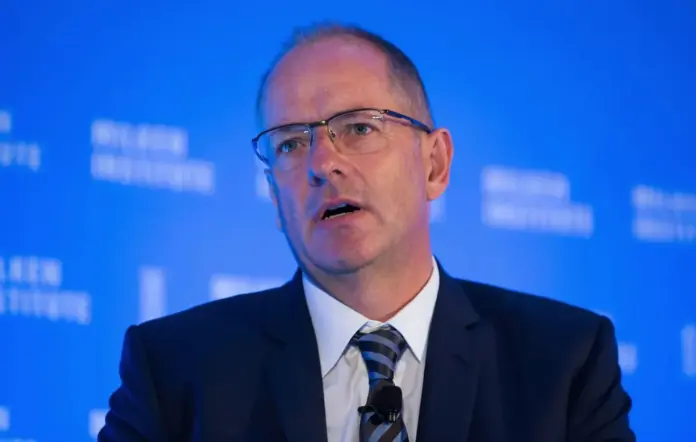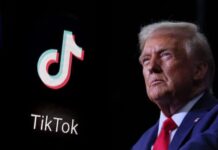In a shocking leadership turnover, UnitedHealth Group Chief Executive Officer Andrew Witty has officially stepped down from his position, evoking ripples in the U.S. healthcare and insurance industries. The move is made at a time when the company is being faced with massive headwinds especially in area of increasing medical costs and amidst the suspension of 2025 financial projections – a move that worried both investors and analysts alike.
Witty, who became CEO in 2021, took UnitedHealth through the recovery from COVID-19, as well as driving forward the expansion of its Optum health services arm, one of the country’s largest healthcare services platforms. His exit signals the closing of an important chapter in the history of this healthcare giant, with questions being asked on its future plans as it faces increasing cost of operations.
The Immediate Context Behind the Resignation
The move to have Witty resign seems to be associated with the increase in the company’s difficulty in coping with unnecessary medical utilization, as compared to what the company had anticipated. Specifically, UnitedHealth reported an increase in patients getting checked for surgeries, diagnostics, and other elective procedures, which had been prolonged previously due to the pandemic. Such delayed treatments are now back with full force, which has had unexpected financial impacts on the cost structure of the insurer.
This increased level of medical activity ( particularly in the sweeps of Medicare Advantage enrollees) has inflated claim volumes and surpassed forecasts, prompting the company to cancel its 2025 earnings guidance. Market analysts use this as a chance to infer that UnitedHealth may not achieve its past projected growth-rates even if in the short-term.
While the company insists the change in leadership is part of a broader strategic transition, the timing of Witty’s resignation, just as the company halts its forward-looking forecasts, has raised eyebrows among shareholders.
A Mixed Legacy for Witty
Andrew Witty assumed the position of CEO in 2021 at a time when the healthcare industry was in turmoil. The former CEO of GlaxoSmithKline, Witty was perceived to be in the position to meet the link between healthcare delivery and innovation. Under his leadership, UnitedHealth grew Optum unit, got more involved in the data analysis as well as integrated business further more to operate under the same umbrella- medical and pharmacy services.
He also emphasized heavily on digital health initiatives and promoted partnerships with local providers.
Now, when the costs blow up and investor faith is shattered, the company finds itself at a crossroads, and Witty’s resignation could be a reset instead of a precipitous goodbye.
What’s Next for UnitedHealth?
The UnitedHealth Group has appointed for interim CEO the current president and COO, Dirk McMahon. Currently, McMahon, who has been working at different leadership posts in the company for more than two decades, is expected to continue the stability as the board looks for a permanent successor.
The company is also likely to describe cost-management strategies and the adjusted revenue projections during its coming earnings call. Market watchers will keenly be expecting on how UnitedHealth is going to handle increasing claims and how it is going to regain investor’s faith after suspension of guidance.
Some analysts recommend that the company might need to reprice the Medicare advantages or perhaps even relocate away from the high-risk high-cost groups in the short term.
A Sector Under Pressure
The situation with UnitedHealth is indicative of a general situation in the U.S. markets of healthcare and insurance. Deeper demand for care due to ageing population and delayed treatment has clashed head-on with the intricate mix of insurance charging and estimation of risk. Humana and CVS Health are some of the other insurers that sounded alarms about increased health costs recently.
Given UnitedHealth’s position as one of the most prominent players in American healthcare, the transition in leadership and the financial plan continue to have implications for what other companies do in terms of amending their projections and models for the future.








